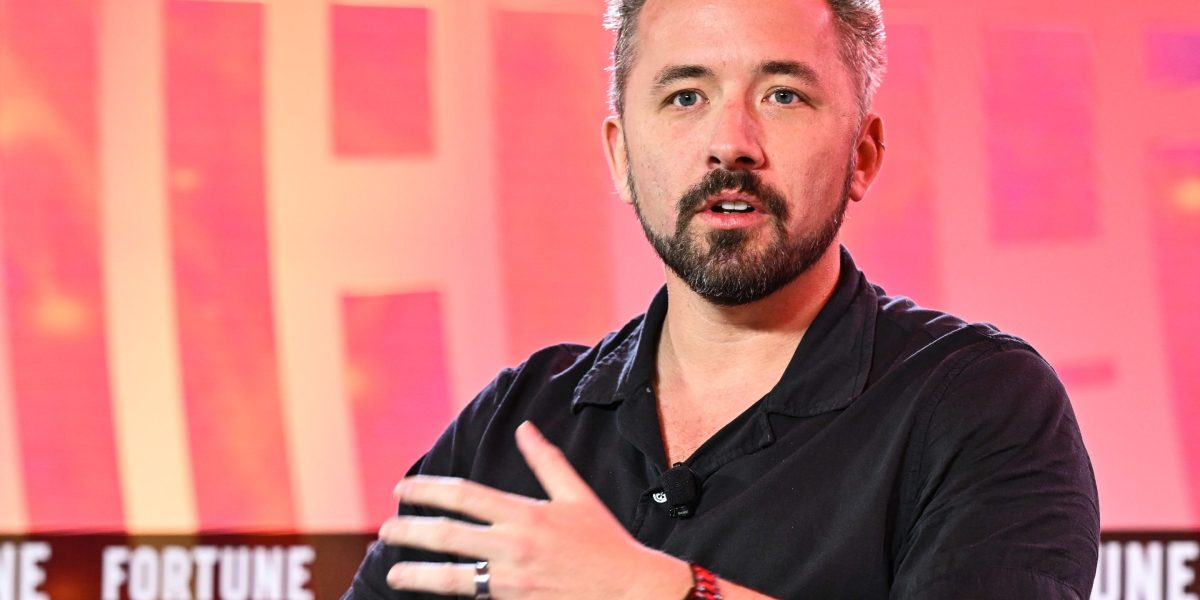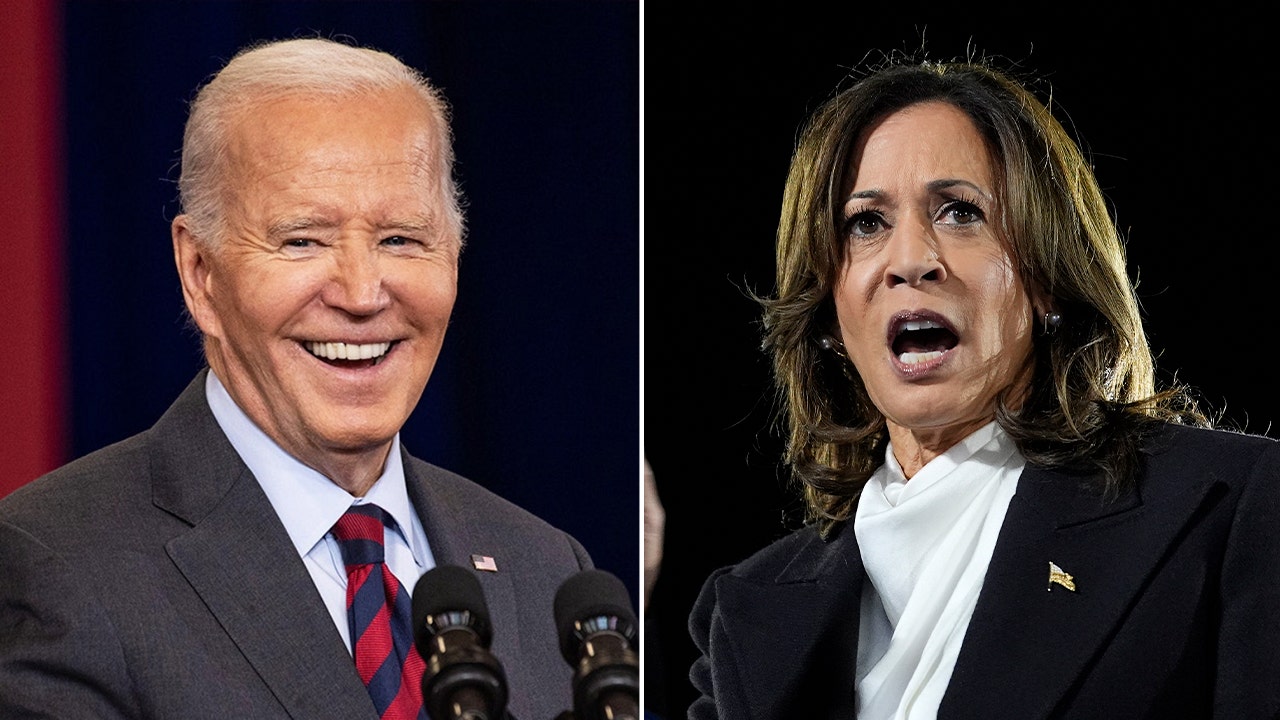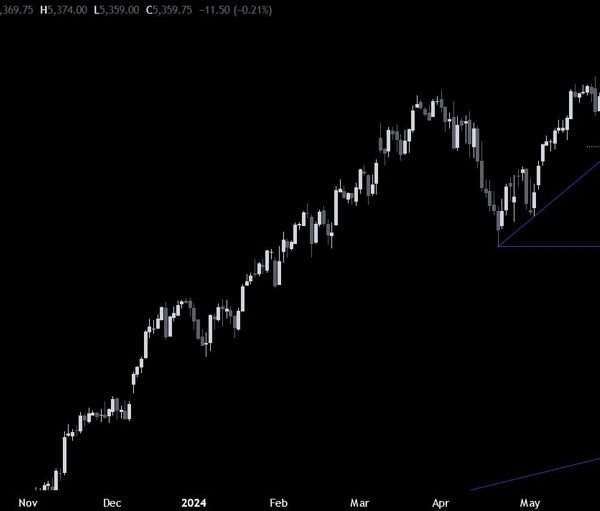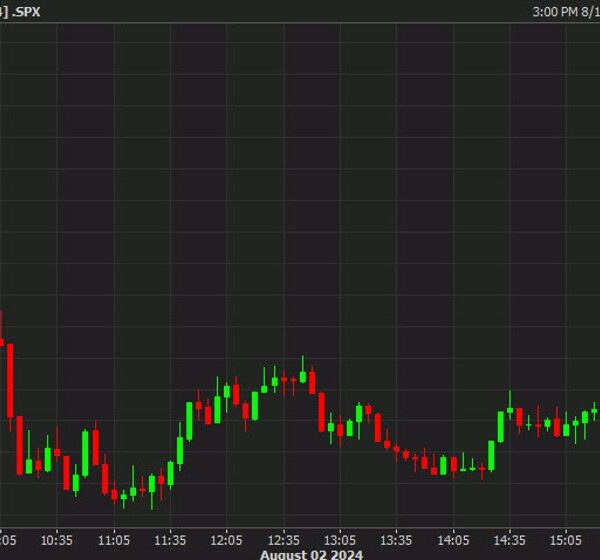Good morning. Happy Halloween to those who celebrate. If you experience the world through a soundtrack like I do, I highly recommend The Cramps’ “I Was a Teenage Werewolf,” the Ramones’ “Pet Sematary,” and Misfits’ “Dig Up Her Bones.” (Not your thing? Don’t worry, it’ll all be over soon.)
I could use this space to earnestly list the horrifying things that happened in tech this year, but I won’t. Instead, I’ll direct you to this subreddit of weird, and frequently unsettling, images generated by OpenAI’s Dall-E model. You’re welcome. —Andrew Nusca
P.S. You’ll want to hear what Siemens USA CEO Barbara Humpton tells me about the state of industrial AI at Fortune Global Forum. It’s Nov. 10-11 in NYC. Request an invitation here.
Want to send thoughts or suggestions to Data Sheet? Drop a line here.
Dropbox lays off 20% of workforce


More than 500 people were sent packing at cloud storage provider Dropbox this week as the San Francisco company transitions to…well, perhaps not greatness, but certainly discipline.
In a memo, cofounder and CEO Drew Houston had this to say: “I take full responsibility for this decision and the circumstances that led to it, and I’m truly sorry to those impacted by this change.” He added that the company made deeper cuts “in areas we’re over-invested or underperforming.”
Dropbox is in a tough spot. Per Houston, it’s seeing “softening demand and macro headwinds” in its core file sync and share (FSS) business, which competes with Box, Google Drive, Microsoft OneDrive, and virtually anywhere you’ve saved something in the cloud.
In its most recent quarter, Dropbox saw its lowest rate of revenue growth (1.9%, to $634.5 million) in history; at $26, its share price is virtually unchanged from this time last year and is a couple of dollars short of where it closed on the day of its 2018 IPO. —AN
Amazon CEO gave Trump a preview
As the U.S. presidential election gets underway—millions of Americans have already voted—a new Washington Post report says Amazon CEO Andy Jassy sought “to establish a friendlier rapport” with Republican nominee Donald Trump and outlined Amazon’s “plans for the future.”
The tidbit is part of a broader article on the financial interests of Washington Post owner Jeff Bezos, who endured a wave of criticism (and subscription cancellations) after his intervention over the newspaper’s planned presidential endorsement. Bezos stepped down as Amazon’s CEO in 2021, but he remains the company’s largest shareholder and executive chair of its board of directors.
Though it’s hardly strange for captains of industry to ingratiate themselves with the nominees of both political parties ahead of Election Day—after all, polls put Harris and Trump in a dead heat—it’s still notable. For one, Trump’s criticism of Amazon (and Bezos) over the years has been withering, even if the administration was personally lucrative for Amazon’s founder. It was also recently reported that Bezos’ interest in securing government contracts for his space firm Blue Origin might be influencing his actions elsewhere.
Trump reportedly requested a contribution from Jassy, but he demurred. Jassy, for his part, has only personally donated to the reelection efforts of two Democrats, according to the FEC: Maria Cantwell of Washington and Tim Kaine of Virginia. —AN
Supermicro shares plummet after auditor resigns
No company wants to be associated with drama. But internal controls, board independence, and accounting practices drama? Oh hell no.
Supermicro’s shares dropped by a third, from $49 to $33, on Wednesday after the Silicon Valley IT company disclosed that its auditor, Ernst & Young, had resigned, stating it was “unwilling to be associated with the financial statements prepared by management.”
EY also raised concerns about the independence of the company’s board from CEO Charles Liang and others. Supermicro, which sells servers to other businesses (and has a longstanding relationship with Nvidia and its CEO, Jensen Huang), has yet to issue financial statements for the year and is reportedly under federal investigation.
EY reportedly flagged issues to Supermicro this summer. In response, it created a special board committee to look into the company’s internal controls. The auditor wasn’t the only one to raise concerns. A short seller report later criticized Supermicro’s financial controls and accounting practices, something for which the company paid a multimillion-dollar SEC penalty in 2020. —AN
Russian court fines Google a mind-blowing sum
There are fines, and then there are fines.
A Moscow court has ruled that Google must pay Russian TV stations roughly $20 decillion because YouTube banned their sanctioned channels.
That’s about 20-to-the-power-of-20 times current global GDP — the result of a daily fine that was doubled each week since late 2021, when a court first ordered Google to unblock one of the channels, Tsargrad TV.
Google blocked more channels after Russia’s full-scale invasion of Ukraine in early 2022, but then the company stopped operating in Russia altogether, technically going bankrupt there.
So, even if Google’s measly $88 billion quarterly revenue (as reported this week) isn’t anywhere near enough to allow it to pay what Moscow is demanding, it doesn’t really have to.
As Alphabet noted in a recent filing, it does not believe its “ongoing legal matters relating to Russia… will have a material adverse effect.” —David Meyer
Sony’s PlayStation unit closes Firewalk Studios, Neon Koi
By now, the biggest players in the video game industry have mostly unwound overly optimistic investments made during the COVID-19 pandemic. But that doesn’t mean the bloodletting is over, at least at Sony.
The latest casualties: Firewalk, the studio behind the first-person-shooter flop Concord (which was pulled two weeks after its launch in August), and Neon Koi, a mobile gaming studio that hadn’t yet released anything. About 200 people worked between them, according to Bloomberg.
At the corporate level, Sony is actually doing just fine. After releasing its latest quarterly results in August, the company brightened its full-year outlook for total sales (to about $80 billion) as well as those in its so-called game and network services segment. Within that business, first-party game sales and network services were up, and hardware sales—which includes the PS5 console—were down. —AN
More data (earningspalooza edition)
—Microsoft earnings. Cloud revenue drives an estimate-beating quarter.
—Meta earnings. Ad revenue drives an estimate-beating quarter; AI investment tempers outlook.
—eBay earnings. Weak consumer demand in the category leads to an estimate miss.
—Roku earnings. Its first billion-dollar quarter comes with news that it will no longer share how many households use its streaming service.
—Coinbase earnings. Quarterly revenue drops 17% to $1.2 billion, below expectations.
















